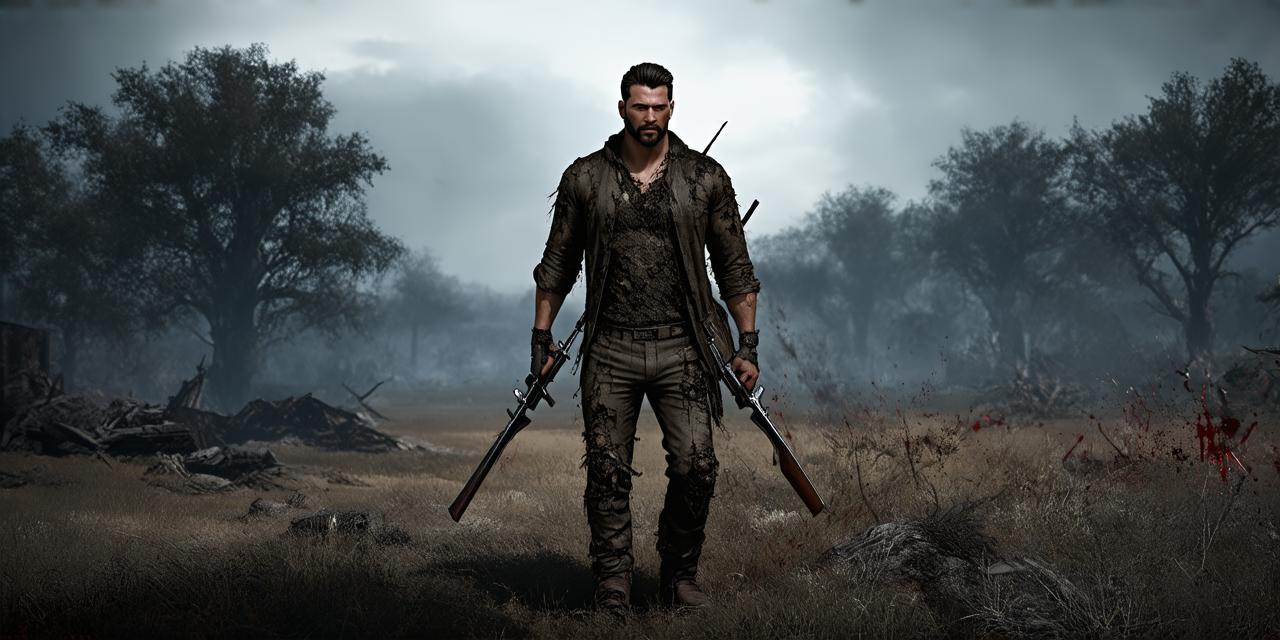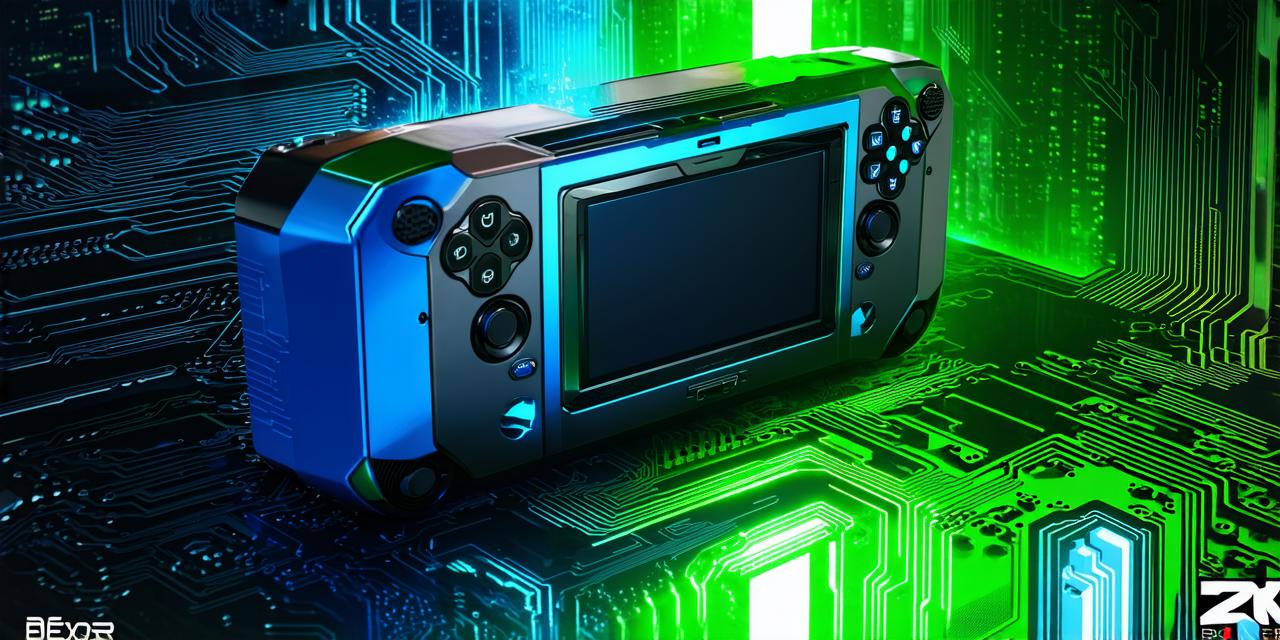In addition to the basics, there are several advanced aspects to consider when citing video games using the Chicago style. Understanding these nuances will help you present your research in a more polished and professional manner.
Editions and Versions
When citing different editions or versions of a game, include the edition number or version name in your citation. For example:
Nintendo. Super Mario Bros. Deluxe [Nintendo Game Boy Color Edition]. Nintendo, 2003. Computer Game.
Online Games

Citing online games can be a bit tricky due to their dynamic nature. In such cases, provide the URL of the game’s official website or the platform where it is hosted (e.g., Steam). For example:
Minecraft. Mojang AB. minecraft.net. 2011. Computer Game.
Citing Interviews and Other Non-Textual Sources
If you conduct an interview with a game developer or designer, cite it as you would any other interview in Chicago style. For example:
Smith, John. Personal interview. 15 May 2022.
Citing Multimedia Elements within Games
When citing multimedia elements such as music, art, or cutscenes within a game, provide the creator’s name if available. If not, describe the element as best you can. For example:
“The haunting melody of the main theme in Final Fantasy VII (Square 1997) is composed by Nobuo Uematsu.”
Citing Scholarly Works about Games
When citing scholarly works about games, follow the usual Chicago style guidelines for books or articles. For example:
Hales, Sarah. “The Cultural Impact of World of Warcraft.” Journal of Game Studies 15 (2015): 34-56.
FAQs
-
Q: What if a game doesn’t have a specific year of publication?
-
A: In this case, use the date when you first accessed or played the game.
-
Q: How do I cite a game that is still in development or has not been released yet?
-
A: In such cases, provide as much information as possible and note that it is an unpublished work.
In Conclusion
Mastering Chicago citation for video games isn’t just about following rules; it’s about joining the conversation, contributing to our collective knowledge, and elevating the status of video games in academia. By understanding the intricacies of this citation style, you can present your research in a more polished and professional manner, ultimately enriching the discourse within the field of video game scholarship. So let’s continue to explore, cite, and learn from these digital worlds that captivate us all.



